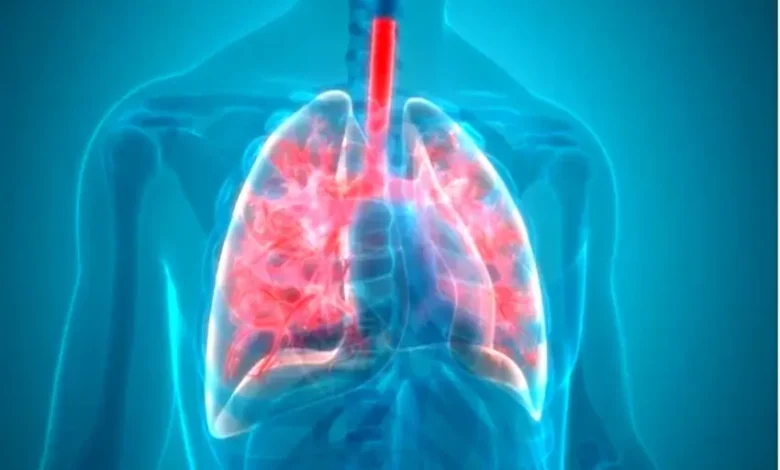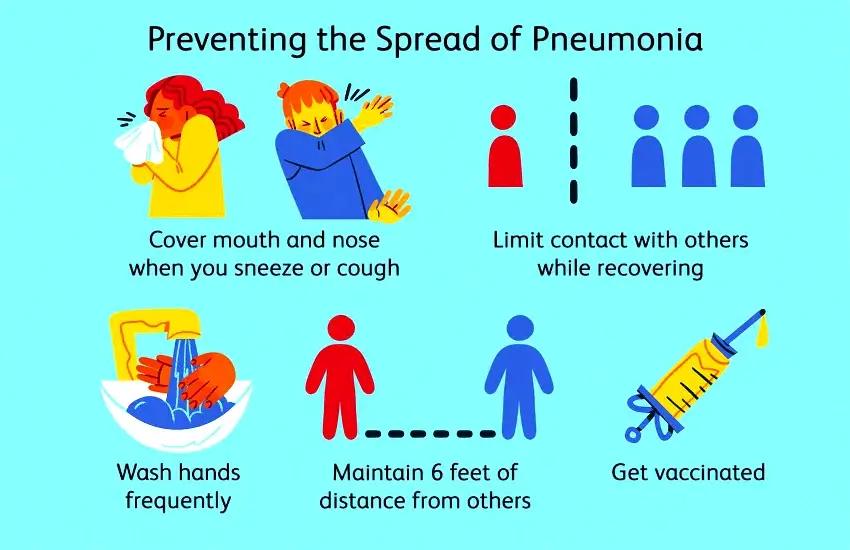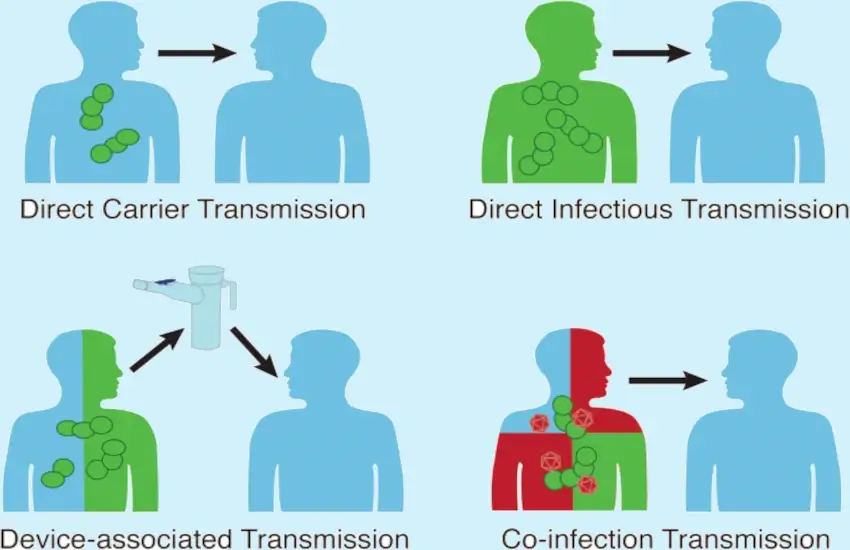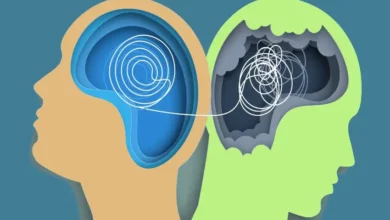Is Pneumonia Contagious? Key Facts About How It Spreads

Is Pneumonia Contagious? Key Facts About How It Spreads. Pneumonia is a serious respiratory condition that affects millions of people worldwide, but the question remains can it spread from one person to another? Let’s explore the details to get a clearer picture.
What Is Pneumonia?
Definition of Pneumonia
Pneumonia is an infection that inflames the air sacs in one or both lungs. These air sacs may fill with fluid or pus, causing difficulty breathing and other symptoms.
Types of Pneumonia
- Bacterial Pneumonia: Caused by bacteria like Streptococcus pneumoniae.
- Viral Pneumonia: Triggered by viruses such as influenza or RSV.
- Fungal Pneumonia: Rare and usually affects people with weakened immune systems.
Causes of Pneumonia
Bacterial Infections
Bacteria are a common cause and can lead to contagious pneumonia if transmitted through respiratory droplets.
Viral Infections
Viruses like the flu and COVID-19 can lead to viral pneumonia, which is contagious and spreads easily in crowded places.

Fungal Infections
These are less common and typically not contagious, as they stem from environmental exposure.
How Pneumonia Spreads?
Airborne Transmission
Coughing, sneezing, or even talking can release infectious droplets into the air, making it easy to contract bacterial or viral pneumonia.
Direct Contact
Touching contaminated surfaces and then touching your face can lead to infection. This is why hand hygiene is crucial.
Role of Weak Immunity
People with weakened immune systems are more susceptible to catching pneumonia, even from mild exposure.
Search for Health: Bronchitis Contagious and Mpox Emerges Global Threat.
Contagious vs. Non-Contagious Pneumonia
Bacterial Pneumonia
Highly contagious, especially in close-contact settings like hospitals or schools.
Viral Pneumonia
Also contagious, with symptoms often overlapping those of the common cold or flu.
Fungal and Aspiration Pneumonia
These types are not contagious as they result from environmental fungi or the inhalation of foreign materials like food or liquids.
Signs and Symptoms of Pneumonia
Early Symptoms
- Fever and chills
- Persistent cough
- Shortness of breath
Severe Symptoms
- Chest pain
- Confusion, especially in older adults
- Rapid or labored breathing
Risk Factors for Pneumonia
Age-Related Risks
Children under 5 and adults over 65 are at higher risk due to weaker immune defenses.
Pre-existing Health Conditions
Chronic illnesses like asthma, diabetes, or heart disease increase vulnerability.
Environmental Factors
Exposure to smoke, pollution, or crowded living conditions can raise the likelihood of developing pneumonia.
Preventing the Spread of Pneumonia
Hygiene Practices
- Wash your hands regularly.
- Cover your mouth and nose when coughing or sneezing.
Vaccination
Vaccines like the flu shot or pneumococcal vaccine can reduce the risk of pneumonia.
Healthy Lifestyle Choices
- Avoid smoking.
- Maintain a balanced diet to boost immunity.
Diagnosing Pneumonia
Physical Examination
Doctors listen for abnormal lung sounds using a stethoscope.
Diagnostic Tests
Chest X-rays, blood tests, and sputum cultures help confirm the presence of pneumonia.
Treating Pneumonia
Antibiotics and Antiviral Medications
These are prescribed based on whether the cause is bacterial or viral.

Supportive Care
- Rest and hydration
- Oxygen therapy in severe cases
When to See a Doctor?
If you experience difficulty breathing, chest pain, or persistent fever, consult a doctor immediately.
Addressing Myths About Pneumonia
Many believe pneumonia only affects the elderly, but it can impact anyone regardless of age or health status.
Pneumonia in Children and Seniors
Special Risks for Kids
Young children’s immune systems are still developing, making them more vulnerable.
Managing Pneumonia in Older Adults
Seniors may require more intensive care due to existing health conditions and slower recovery times.
Recovery and Outlook
Most people recover within a few weeks, but severe cases may take longer and require more intensive treatments.
Conclusion
Pneumonia can be contagious depending on its cause. Knowing the types, symptoms, and prevention measures can help you protect yourself and your loved ones. Always prioritize hygiene and seek medical attention if symptoms worsen. For more Health tutorials visit our website Media Music Mania.
FAQs
1. Is pneumonia contagious to everyone?
Not everyone will catch pneumonia, as it depends on immunity and exposure.
2. Can pneumonia spread without symptoms?
Yes, asymptomatic carriers can still spread certain types of pneumonia.
3. How do doctors confirm if pneumonia is contagious?
Tests like sputum cultures and blood tests determine the infectious agent.
4. Can you prevent pneumonia entirely?
Vaccines and good hygiene significantly reduce the risk but don’t guarantee full prevention.
5. How long does it take to recover from pneumonia?
Recovery can range from one to several weeks, depending on the severity.







